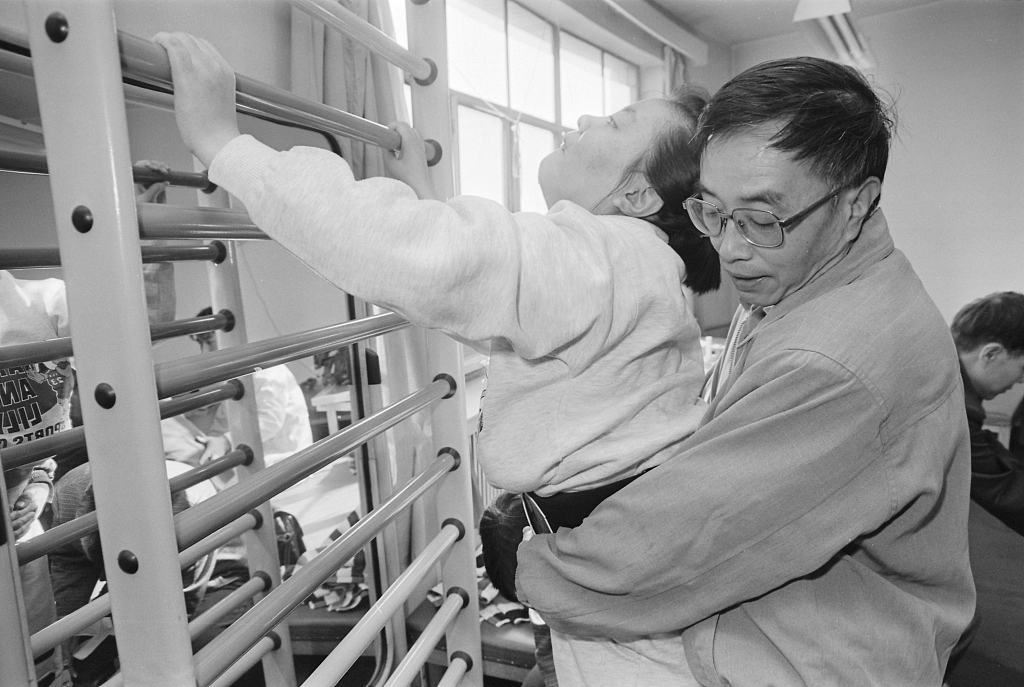Mystery persists: Zhu Ling, victim of unsolved poisoning case, passes away


Zhu Ling, a pivotal figure in one of China's most enduring unsolved poisoning cases from nearly 30 years ago, succumbed to a brain tumor on Friday, as confirmed by her parents, Wu Chengzhi and Zhu Mingxin, on social media on Sunday.
Tsinghua University, where Zhu studied and became the victim of the mysterious case, expressed condolences to her family, acknowledging her prolonged battle with pain and illness. The university posted on social media on Saturday, saying, "May she be accompanied by zither sound (that she used to practice) as she goes and rests in peace."
At 50 years old, Zhu had been battling a brain tumor for months, as disclosed by her doctor, Chen Zhigang, from the Dongfang Hospital of Beijing University of Chinese Medicine.
Zhu's case has remained a focal point of discussion in China for nearly three decades. A chemistry major at Tsinghua University, she began experiencing symptoms such as body pain and hair loss in late 1994. By March the following year, she had fallen into a coma, confounding doctors who struggled to determine the cause or find effective treatment despite extensive tests.
In April 1995, Zhu's high school classmates sought help through the internet, describing her symptoms in English. The overwhelming response suggested thallium poisoning, a metal element known for its severe toxicity. Thallium was eventually confirmed as the cause of Zhu's symptoms 50 days after her admission to Peking Union Medical College Hospital, with symptoms alleviating through the use of Prussian blue, a common paint serving as a specific drug for thallium poisoning.
Unfortunately, the delayed diagnosis had already caused irreversible damage, and Zhu woke up in August of the same year with significantly regressed intellectual, visual, and motor functions, relying on others for care ever since.
Initial police investigations and suspicions allegedly pointed to one of Zhu's roommates who had legal access to thallium and denied any involvement,
Due to a lack of direct evidence, the late determination of the poisoning case's nature and the absence of monitoring devices, the perpetrator remains unidentified until today.
Over the years, media coverage has documented Zhu's case and her slow rehabilitation progress, attributed to her parents' persistence and efforts in keeping her alive.
- Grand ceremony marks Confucius' birthday in Zhejiang
- China to see cooler weather but favorable travel conditions over National Day holiday
- Music video showcases Wuxi's heritage, progress
- Expert: Raising retirement age unlikely to affect employment opportunities
- Pingtan center a key stop for Taiwan compatriots seeking mainland qualifications
- Over 5,000 artists to take part in Shanghai festival





































